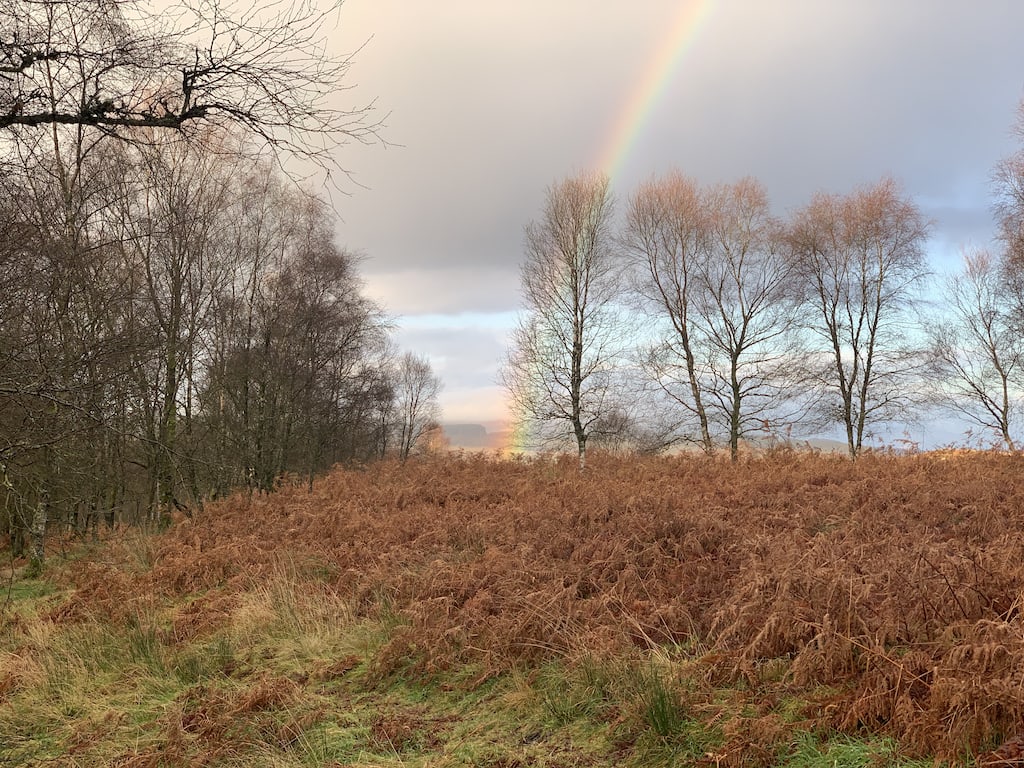On authenticity, assessment and aspiration
Sometimes I think that authentic tasks are based on the tastes and whims of the educated elite. Is a literary podcast really authentic for a 15-year-old? Are hipster food trucks really the most efficient way to learn about business? As Doug Lemov once said, it’s our role to find the shortest path to learning.
Rebecca Birch powerfully critiques podcasting and other authentic projects used in the classroom. She is writing specifically about the secondary English classroom, I can really comment on that. It did make me think about podcasting in the primary classroom though.
Podcasting has been one of my favourite classroom activities for years.
As a teacher, do I really have the real-world skills to teach interviewing, sound editing, research and the mechanics of discursive writing, on top of critically analysing a text? If I had both the time and expertise then maybe I could justify this choice. Usually, with a task like this, the crafting of the assessment itself happens through many hours of student struggle outside the classroom. It’s difficult to justify the opportunity cost.
I certainly don’t have those real-world skills. I have podcasted a bit though.
Earlier this week I tweeted from our school account:
When I observed my class being completely absorbed in writing scripts for their podcast. Getting primary pupils to edit their writing and think about making their oral communication effective is sometimes tricky for me. Audience, or perceived audience, can make a difference. For Scottish primary teachers at least the activity of podcasting covers a large number of the experiences we are supposed to supply to our pupils.
I don’t think a podcast needs to take so much of the classes time that it would be detrimental. Especially as it give the pupils a chance to practise so many of the skills we are trying to teach.
Had I spent several weeks teaching visual design, sound production or video production skills, those students would have been several weeks further away from their ambition to undertake tertiary study.
In the primary class at least we don’t need to spend those weeks. Audio podcasting is a lot simpler than video. We are not aiming for a professional grade BBC podcast. We are trying to give our class motivation to practise their talking, listening, reading and writing. Communication with their peers and an audience. For me simple podcasting provides a great opportunity for that.


